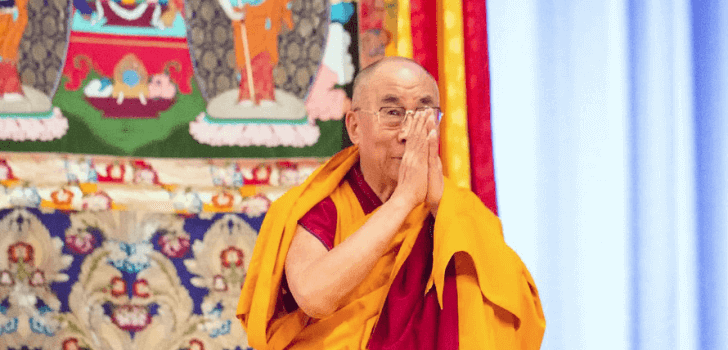On a rare congressional visit to Tibet, United States lawmakers had “heated exchanges” with officials from China as the Americans encouraged Beijing to resume a relationship with the country’s exiled spiritual leader, the Dalai Lama.
House Minority Leader Nancy Pelosi and six other Democrats made the trek to Tibet last week to discuss the issue among others. It was the first trip to Tibet by United States lawmakers since anti-government unrest in the region began in 2008. Since that time, Tibet has been pretty much off-limits to foreign diplomats and media.
Pelosi indicated that Chinese President Xi Jinping continues to reject Tibet’s independence, but stressed that the Dalai Lama just wants autonomy. Pelosi reported at a news conference that, “So if [Chinese authorities] think it is about independence, [the Dalai Lama] says it’s about autonomy, we only support autonomy … then I think there is an opportunity to find common ground.”
Massachusetts Representative Jim McGovern traveled with Pelosi to Lhasa, the regional capital of Tibet, and said the visit signified an important gesture by the Chinese government. Unfortunately, Chinese officials continue to characterize Tibet and the Dalai Lama using old prejudices.
McGovern said that, “I believe that the Dalai Lama is part of the solution, not the problem, to resolving the issues confronting Tibetan autonomy.”
In 1959, during an uprising against Chinese rule, the Dalai Lama fled to India. He is now shunned by China as a separatist.
Taking up Xi’s suggestion to “come see for yourself” with respect to human rights in the Asian country, Pelosi and her delegation traveled to the area.
Pelosi noted that, “I considered the trip constructive, bridge-building, and we want to continue building that bridge through reconciliation and clearer understanding.” Pelosi indicated that they also discussed climate change and cybersecurity.
The American delegation came away from the meetings uncertain of exactly what steps the Chinese government planned on taking with respect to a possible reconciliation with Tibet.
McGovern stated that, “I can’t tell you with certainty that the Chinese government will agree to do x, y and z, but I don’t think any of us came away feeling that the door was entirely closed on anything,” including the possibility of opening a United States consulate in the city of Lhasa.
He also noted that, “Some discussions were more heated than others and there were some discussions that I felt signalled openness to a constructive dialogue.”
